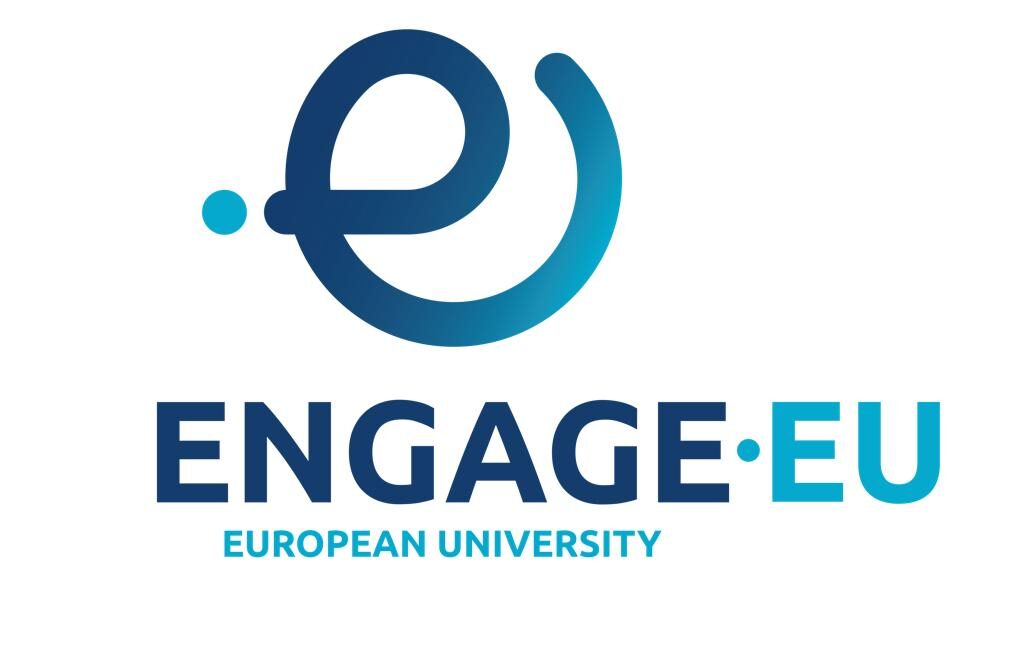Project description
The European Horizon 2020 project "Open Heritage" (G.A. 776766) aims to create sustainable models of cultural heritage management. The project focuses on the idea of inclusive governance of cultural heritage sites and community development. This means strengthening the role of communities in the process of adaptive reuse. Open Heritage works with an open definition of heritage, which is not limited to a classical conception but also includes buildings, infrastructure, and spaces that have practical symbolic meaning for local or translocal communities. The assumption is that abandoned or underutilized sites of official and potential cultural interest represent not only a significant challenge but also a great opportunity for the public and private sectors. The inclusive governance model requires the involvement of all stakeholders (quintuple helix) in the process, the integration of resources, and the exploitation of innovative financing models. In this way, the transformation of abandoned sites of cultural interest becomes an opportunity for augmentation, community cohesion and social integration, as well as the stimulus for the implementation of innovative economic activities and the creation of new employment opportunities. ACT is an urban cultural district located in southeastern Rome, in the neighborhoods of Alessandrino, Centocelle and Torre Spaccata. A series of Roman, medieval and post-industrial archaeological sites that have been abandoned for years. As part of the Open Heritage project, the mission of the ACT collaboratory is to redevelop the area by making the community aware of the great potential of their area. The local community of stakeholders and supported and...
